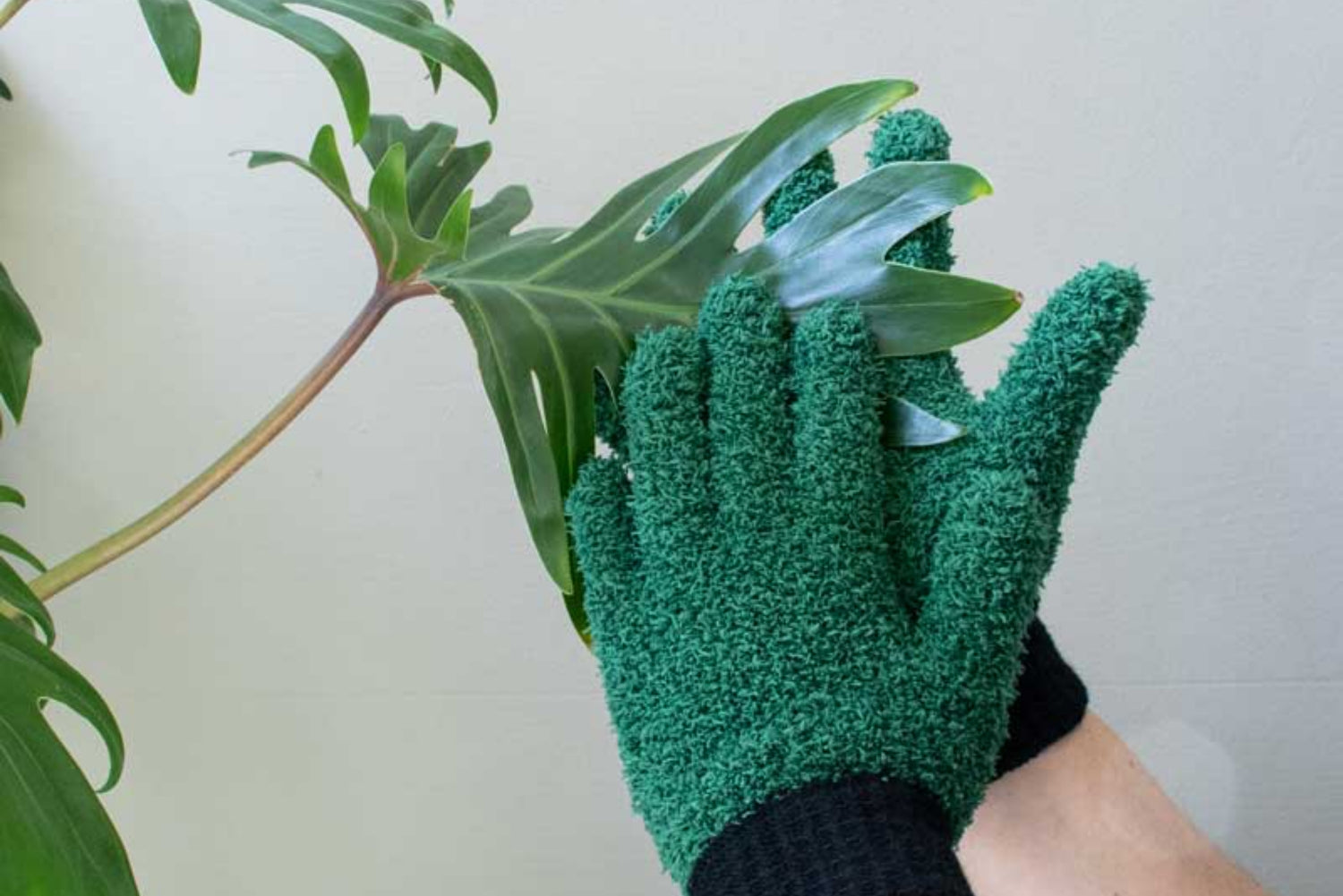In times of home office, open-plan offices, and growing demands for healthy indoor climate, many companies and private individuals ask: How do I ensure clean, healthy indoor air – preferably efficiently, sustainably, and with little maintenance effort?
Two systems face each other: classic technical air filter devices and natural, plant-based air purifiers like the AIRY System. But which really works better?
What does science say?
1. Technical air filters: Effective but not without weaknesses
HEPA filters are considered the gold standard among technical solutions. They are effective at removing particles such as fine dust, pollen, and microbes from the air – but only as long as they are regularly maintained, cleaned, and replaced.
A review by the US Environmental Protection Agency (EPA) confirms:
> "Air purifiers with HEPA filters can reduce indoor particle levels by 25–55 % reduction, but are hardly effective against gases and VOCs."
Source: EPA Indoor Air Facts
In addition, many devices cause noise, consume electricity, and generate electrosmog – a contradiction to natural room design.
2. Plant-based air purification: An underestimated natural talent
As early as 1989, NASA published a much-cited study on the air-purifying effect of plants. It showed that plants like peace lily, pothos, or spider plant can actively break down volatile organic compounds (VOCs) such as benzene, formaldehyde, or trichloroethylene.
> "Some plant species can remove up to 87 % of air pollutants removed within 24 hours."
Source: NASA Clean Air Study (Wolverton et al., 1989)
However, the NASA study is repeatedly criticized: The situation in a space capsule is not comparable to a living room or office. Moreover, the plants are far too slow, as they only collect pollutants through the leaves, transport them to the roots, and convert them into nutrients there. In the magazine "Nature," scientists therefore called for rethinking air purification by plants, for example by using them as "biofilters."
This is exactly where the AIRY System comes in.
What makes the AIRY System special?
The patented AIRY plant system activates air purification through the roots by specifically circulating room air through the substrate. This filters not only superficially but deeply – completely without technology.
> ✅ Reduces VOCs and CO₂
> ✅ No electricity, no noise, no filter replacement
> ✅ Promotes humidity and well-being
> ✅ Aesthetic, low maintenance, sustainable
Various studies prove the effectiveness of this approach, which AIRY has been pursuing since 2015.
The direct comparison
| Criterion | Technical air filter | AIRY plant system |
|---|
| Removal of fine dust | ✅ Yes (HEPA filter) | ✅ (Increase in humidity) |
| Decomposition of VOCs & gases | ➖ Only with activated carbon filter | ✅ Yes, through microorganisms and plant roots |
| Power consumption | ❌ High | ✅ No consumption |
| Noise level | ❌ Sometimes disturbing | ✅ Silent |
| Maintenance & operating costs | ❌ Filter changes, cleaning | ✅ Minimal effort |
| Sustainability | ➖ Plastic, power consumption | ✅ Natural, biodegradable |
| Additional benefits (feel-good factor) | ➖ No effect | ✅ Green indoor climate, Designplus |
Natural beats artificial – long-term and sustainable
Technical air filters provide good service in specific cases – especially in medical facilities or for allergy sufferers. However, for continuous operation in offices or at home, plant-based systems like AIRY convince with their combination of effectiveness, sustainability, and quality of life.
Instead of relying on noisy technology, bring a piece of nature back with AIRY – and breathe freely.
Curious?
Get free advice and find out which AIRY system suits your rooms. For companies, we offer flexible rental models with full service.

The author: Peer-Arne Böttcher
Peer is the founder of AIRY and passionate about the topic of healthy indoor air. For many years, he has been intensively engaged with the scientific foundations and technical possibilities of how our breathing air can be sustainably improved – completely without chemicals, filters, or electricity.



